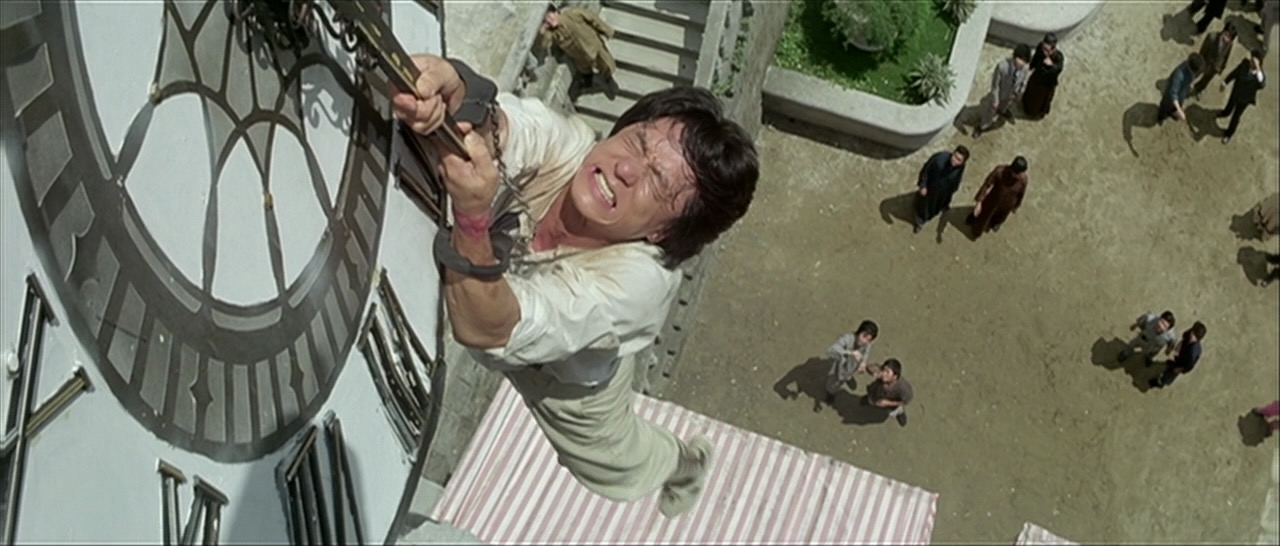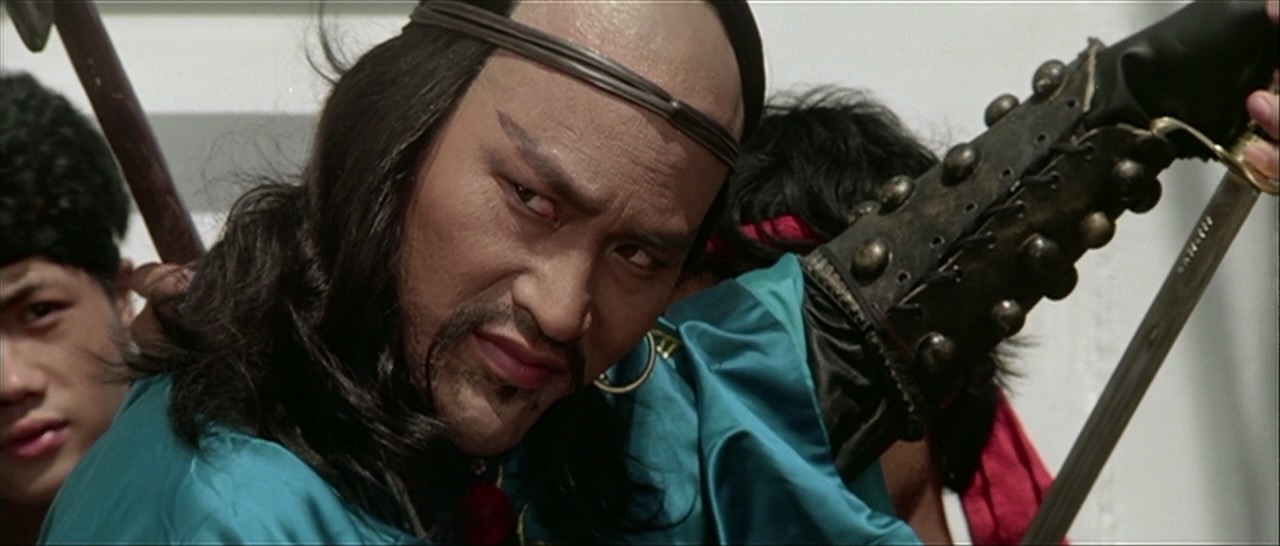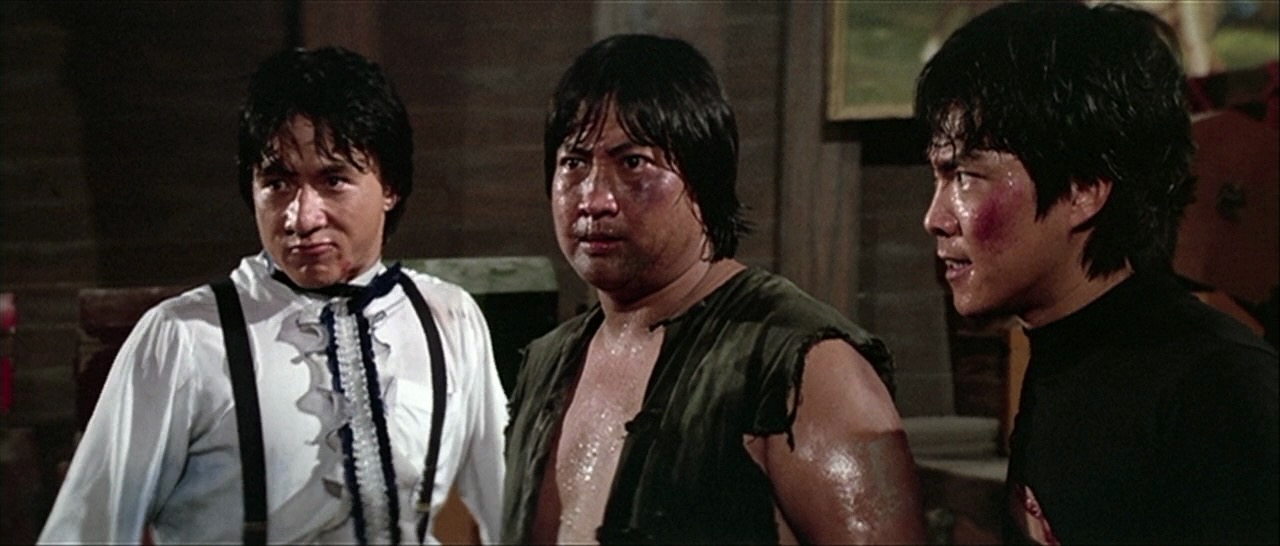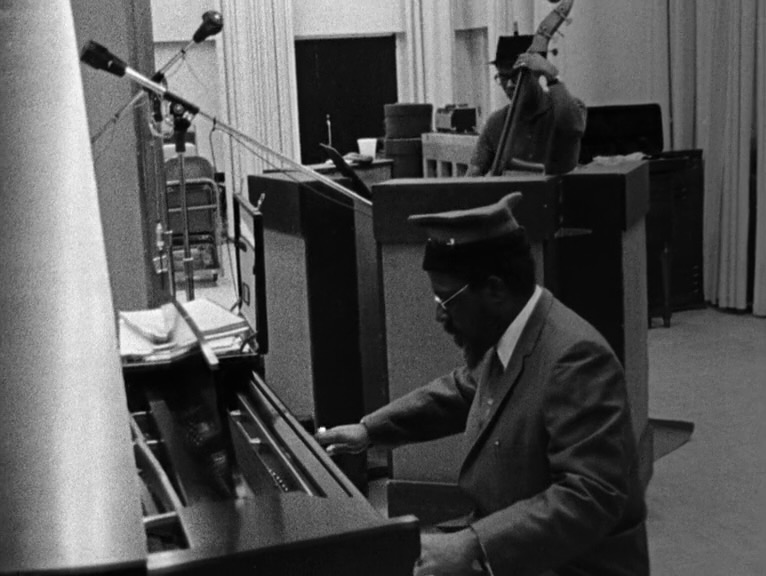Date is a psycho criminal, played by Japan’s coolest man Yûsaku Matsuda, but in this movie’s world violence tends to be awkward and clumsy and nobody is cool. Date is already being tailed by beardy detective Hideo Murota (also beardy as the first doctor in Dogra Magra) when he comes across an aggrieved waiter with frizzy hair (Rikiya of Tampopo and Stray Cat Rock: Sex Hunter) and enlists him in a bank robbery plot.

Turns out Date is a shellshocked war photographer (always you lose points when you bring real war atrocity footage into your dumbass crime picture, let this be a warning), which is why he “walks like a dead man” and acts weird around his girl even though he’s supposedly a classical music fan and she’s a hot concert pianist. The shellshock doesn’t explain why he tells really long stories though. Having recently watched Heat, I’m gonna be comparing all cops and robbers movies to that – these guys are more intense than Kilmer and company, killing both their girls before/during the big heist.



Pre-game pep talk:

Detective with 30 seconds left to live:



















